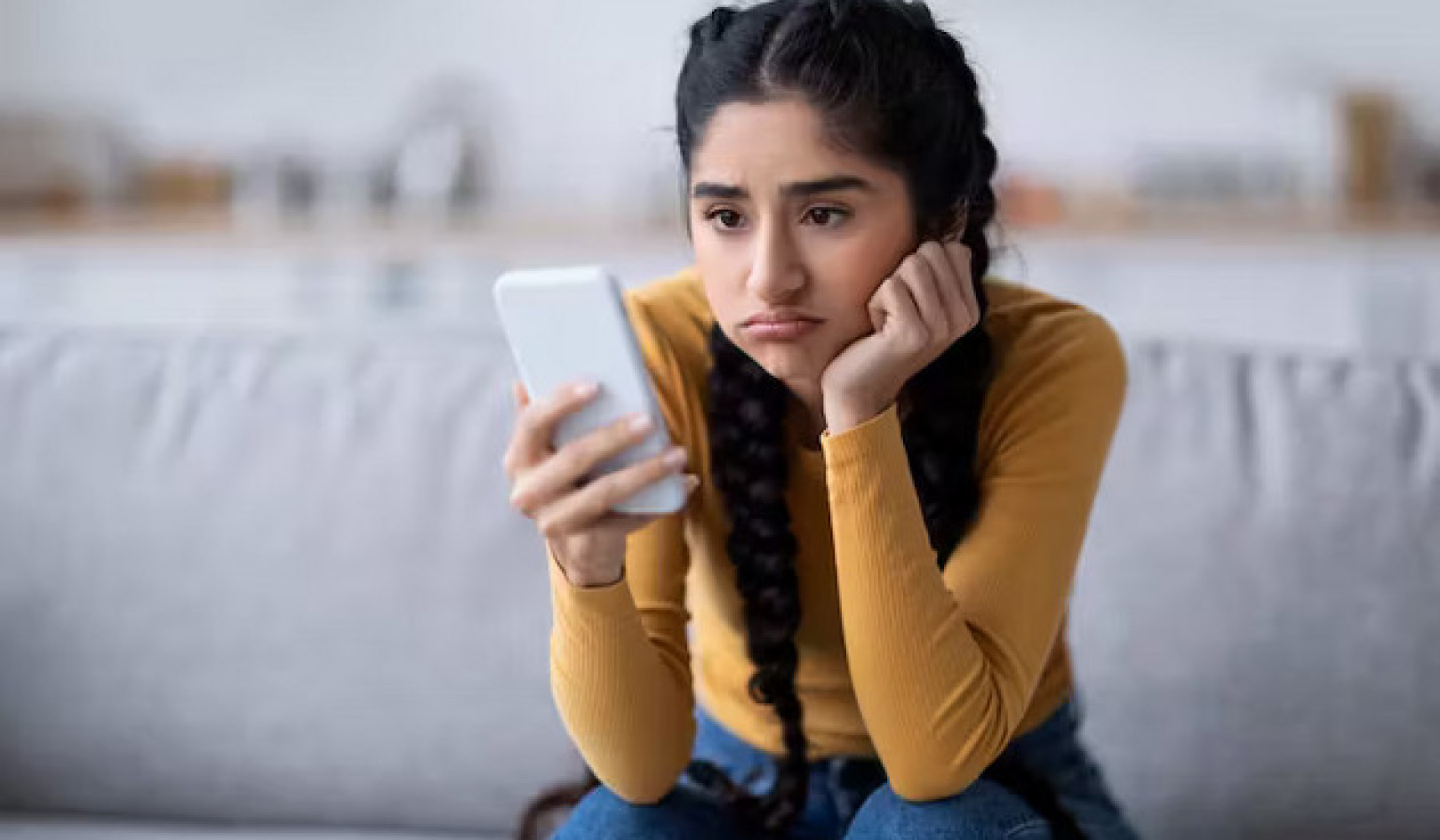
Would you decline a free upgrade to first class in order to sit next to a companion in coach? Image Source/DigitalVision Collection/Getty Images
People will often sacrifice a better experience and opt for one that’s less enjoyable if it means they can do it alongside a loved one – whether that’s a romantic partner, close friend or relative. That’s the main finding of our research published in the Journal of Consumer Psychology in April 2023.
For example, when taking a flight, two friends might decide to sit in adjacent seats in coach rather than accept a free upgrade to nonadjacent seats in first class. Failing to choose togetherness can have consequences, as in the “Seinfeld” episode in which Elaine suffers the indignities of economy class, leading to rage against Jerry after he chooses to accept an upgrade.
We conducted five studies in a variety of settings and featuring different social bonds, including friendships and romantic relationships. In one study, just over half of people chose two adjacent seats far from the stage over two nonadjacent seats closer to the stage when imagining they were attending a Cirque du Soleil performance with a close friend, compared with only about one-third who chose the adjacent seats when imagining attending with an acquaintance.
In another study, we asked students whether they wanted to eat one chocolate with another person – either a new friend or a stranger – or two chocolates alone. Half the people chose the shared experience – but only if the other person was a friend. Fewer people – 38% – opted for the shared experience if the other person was a stranger.
Why it matters
One reason people prioritize physical proximity with close partners is because they want to create shared memories. Importantly, people believe that physical distance can disrupt the creation of shared memories, and so they forgo enjoyable experiences apart from their loved one.
This also matters for companies seeking to improve customer experience, such as an airline offering free upgrades or shorter wait times. Our findings suggest that, for example, consumers traveling with a companion might not take advantage of services like TSA PreCheck, an airline VIP lounge or a free upgrade if it is available only for themselves. It also helps explain why consumers do not like when airlines split up families in their seat assignments.
However, we also tested a few initiatives marketers can use to encourage people to choose a higher-quality experience that requires them to be apart from their companion. In another experiment, we described a train ride as either a fun part of an excursion or as a practical way to reach a final destination. More participants accepted a free upgrade – even though it required sitting apart from their romantic partner – when they perceived the train ride as utilitarian. That’s because they cared less about creating shared memories during the experience.
What still isn’t known
We still don’t know how this preference affects relationship quality.
For example, when can time apart from your partner actually strengthen the relationship? And how should couples split their time between lower-quality activities done together and higher-quality activities done alone? One option for separate activities, for example, might be when one partner’s desired activity does not interest the other.
Also, given that people believe physical proximity is a prerequisite for creating shared memories, how can partners who live in different places also cultivate shared memories? This question is especially important in light of how COVID-19 has enabled more people to work and study remotely.![]()
About The Authors
Ximena Garcia-Rada, Assistant Professor of Marketing, Texas A&M University; Michael Norton, Professor of Business Administration, Harvard University, and Rebecca K. Ratner, Professor of Marketing, University of Maryland
This article is republished from The Conversation under a Creative Commons license. Read the original article.

Related Books:
The Five Love Languages: The Secret to Love That Lasts
by Gary Chapman
This book explores the concept of "love languages," or the ways in which individuals give and receive love, and offers advice for building strong relationships based on mutual understanding and respect.
Click for more info or to order
The Seven Principles for Making Marriage Work: A Practical Guide from the Country's Foremost Relationship Expert
by John M. Gottman and Nan Silver
The authors, leading relationship experts, offer advice for building a successful marriage based on research and practice, including tips for communication, conflict resolution, and emotional connection.
Click for more info or to order
Come as You Are: The Surprising New Science that Will Transform Your Sex Life
by Emily Nagoski
This book explores the science of sexual desire and offers insights and strategies for enhancing sexual pleasure and connection in relationships.
Click for more info or to order
Attached: The New Science of Adult Attachment and How It Can Help You Find—and Keep—Love
by Amir Levine and Rachel Heller
This book explores the science of adult attachment and offers insights and strategies for building healthy and fulfilling relationships.
Click for more info or to order
The Relationship Cure: A 5 Step Guide to Strengthening Your Marriage, Family, and Friendships
by John M. Gottman
The author, a leading relationship expert, offers a 5-step guide for building stronger and more meaningful relationships with loved ones, based on principles of emotional connection and empathy.






















